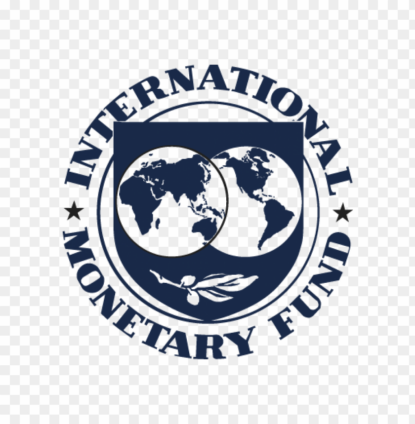Beyond 2024, Ghana’s Gross Domestic Product (GDP) growth is projected to gradually increase to its potential level of about 5.0%.
This is consistent with many forecasts by international research institutions.
According to the International Monetary Fund (IMF) Country Report on Ghana, the macroeconomic outlook remains positive.
Notwithstanding headwinds from the continued fiscal consolidation and the ongoing dry spell, the Fund said the strong outturn for 2024 quarter 2 real GDP growth points to greater-than-expected underlying growth.
Hence, it revised its growth projection for 2024 upward to 4.0% (3.1% at the 2nd Economic Credit Facility (ECF) review).
The Fund also projected that inflation would reach 18% by end-2024 (revised up from 15%), mainly reflecting price pressures from a weaker cedi and the dry spell.
“Continued tight monetary policy will bring inflation back to the Bank of Ghana’s target band (8±2 percent) by end-2025”, the Fund said.
Further progress on fiscal consolidation and the completion of the debt restructuring, it explained would ensure that Ghana’s public debt is firmly on a sustainable trajectory.
Also, the current account deficit is projected to remain in balance until 2026, while international reserves would reach 3 months of import coverage.
Downside Risks to Outlook Remains High
Nevertheless, the IMF said the downside risks to the outlook remain high.
On the external side, it pointed out that an intensification of regional conflicts, spillovers from the conflicts in Ukraine and the Middle East, or commodity price volatility would negatively impact Ghana through higher imported inflation and risk aversion.
“If protracted, weak cocoa harvest could affect exports and growth prospects. More generally, Ghana is subject to risks related to climate shocks. On the domestic side, policy slippages ahead of the end-2024 general elections or during the political transition could undermine macroeconomic stability, deteriorate domestic financing conditions and the debt dynamics, and complicate debt restructuring discussions with Ghana’s remaining external commercial creditors”.
It also mentioned that risks to the inflation outlook are tilted to the upside, as the disinflationary process took place at a slower-than-anticipated pace in half-year 2024 and exchange rate volatility has increased.
Latest Stories
-
NSMQ 2025 Northern Qualifiers: Drama as two schools withdraw over bereavement and fear of Ghana SHS
5 minutes -
Gov’t begins payment of monthly allowances to Assembly Members
12 minutes -
Cedi must lead Ghana’s economy – BoG to clamp down on dollar transactions
17 minutes -
Ghana Anti-Corruption Coalition urges youth to take lead in combating corruption
25 minutes -
Village Savings and Loan Groups in Wassa Amenfi West receive financial literacy training
26 minutes -
When the Elephant Lost its Trunk: A Post-Election Safari in the Republic of Uncommon Sense
35 minutes -
Education Ministry secures additional $117.1m to expand GALOP interventions
37 minutes -
Government of Ghana endorses Trans-African Tourism and Unity Campaign
39 minutes -
WAFCON 2024: Chantelle Boye-Hlorkah credits team unity for Black Queens’ quarter-final berth
45 minutes -
A Giant Leap for African Unity: Kenya’s historic Visa-Free policy and the Trans African tourism and unity campaign
50 minutes -
Holuta Aflakpe DA JHS wins 10th edition of Ho West District Quiz Competition
51 minutes -
Daniel Ayittah becomes first Ghanaian gospel engineer to join GRAMMY Academy
59 minutes -
GES to scale up transformative Kindergarten programme nationwide
1 hour -
BoG to mark 60 years of the Cedi with anniversary celebration in August
1 hour -
Prison Service to produce furniture, uniform for schools – Interior Minister
1 hour

